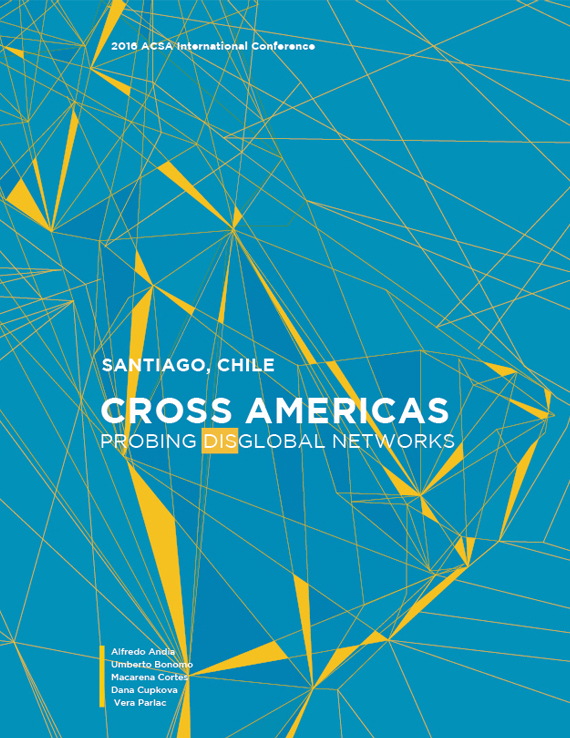Author(s): Deborah Richmond
The application of global container logistics to high mobility children, such as those in foster care, asks designers to consider an empathic, human-centered approach to an institutionalized system of involuntary mobility, which can result in as many as 3-4 family “placements” per year for some children. In spite of grim statistics for youth in foster care related to graduation, teen pregnancy, drug use and imprisonment, these children develop many positive resiliencies around adaptability, emotional intelligence, empathy and efficiency. Working with a non-profit serving youth in foster care in Watts, Los Angeles, called Peace4Kids, whose motto is “community as family,” the concept of a “mobile village” was born. Following their lead, paired with a deep understanding of consumer culture’s collective intelligence around moving goods through cities, an innovative strategy was used to create a literal delivery platform for educational programming, in partnership with other non-profits, around food equity, social justice and eventually other vocational skills such as apparel arts, machine arts, fine arts and early education.
https://doi.org/10.35483/ACSA.Intl.2016.29
Volume Editors
Alfredo Andia, Dana Cupkova, Macarena Cortes, Umberto Bonomo & Vera Parlac
ISBN
978-1-944214-10-4

 Study Architecture
Study Architecture  ProPEL
ProPEL 
